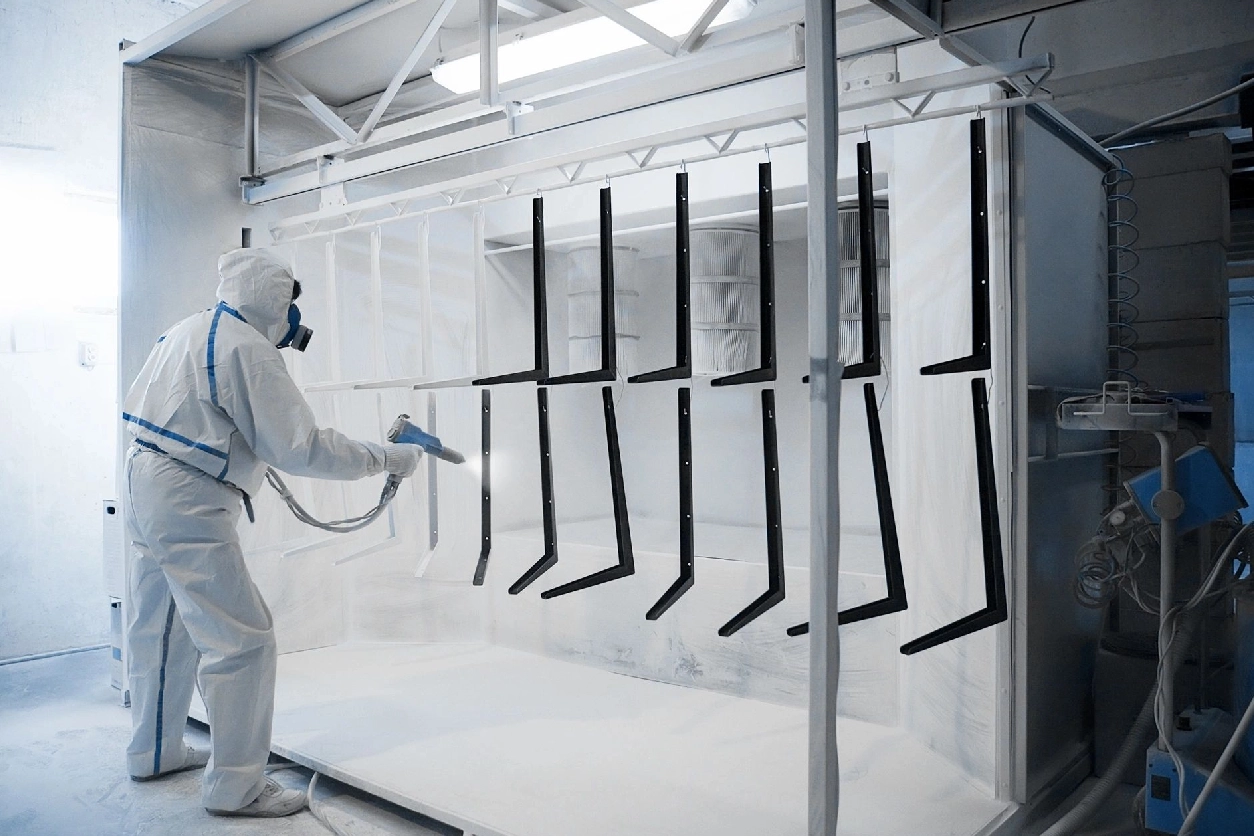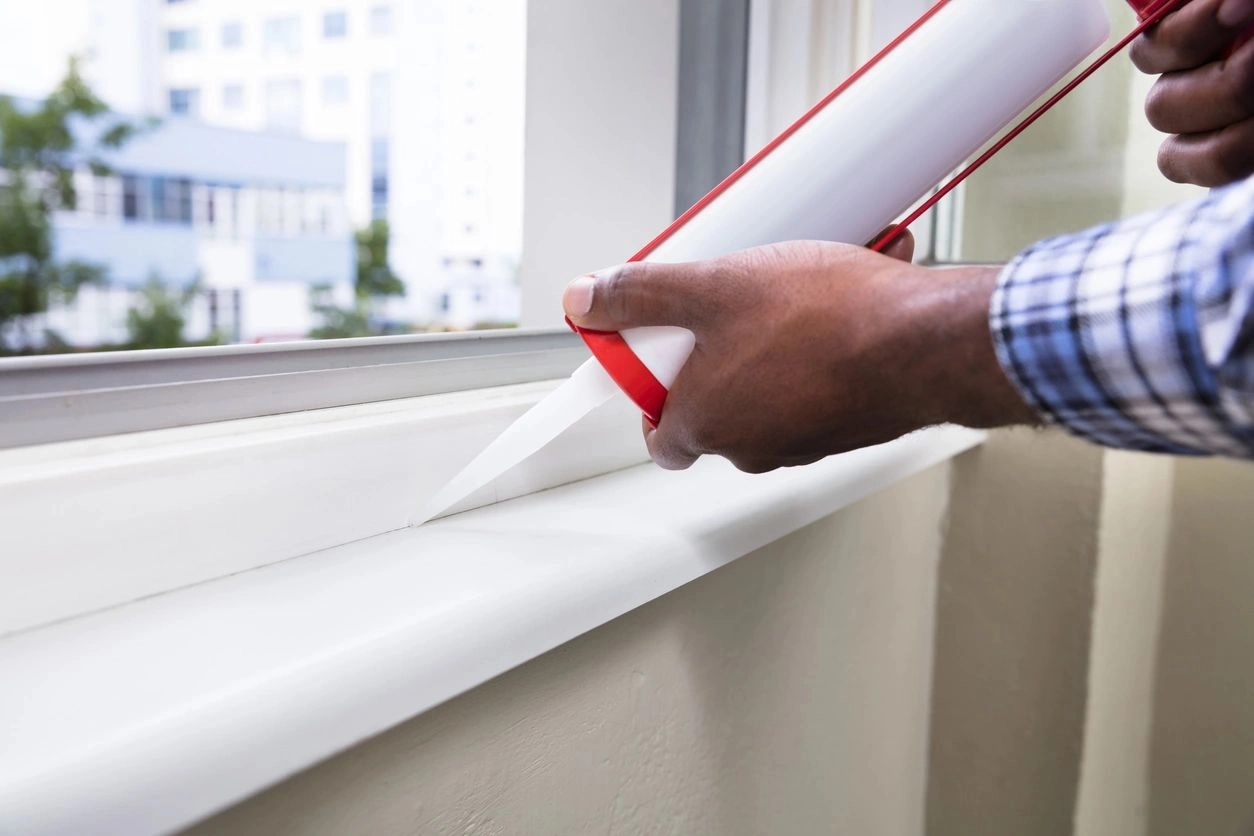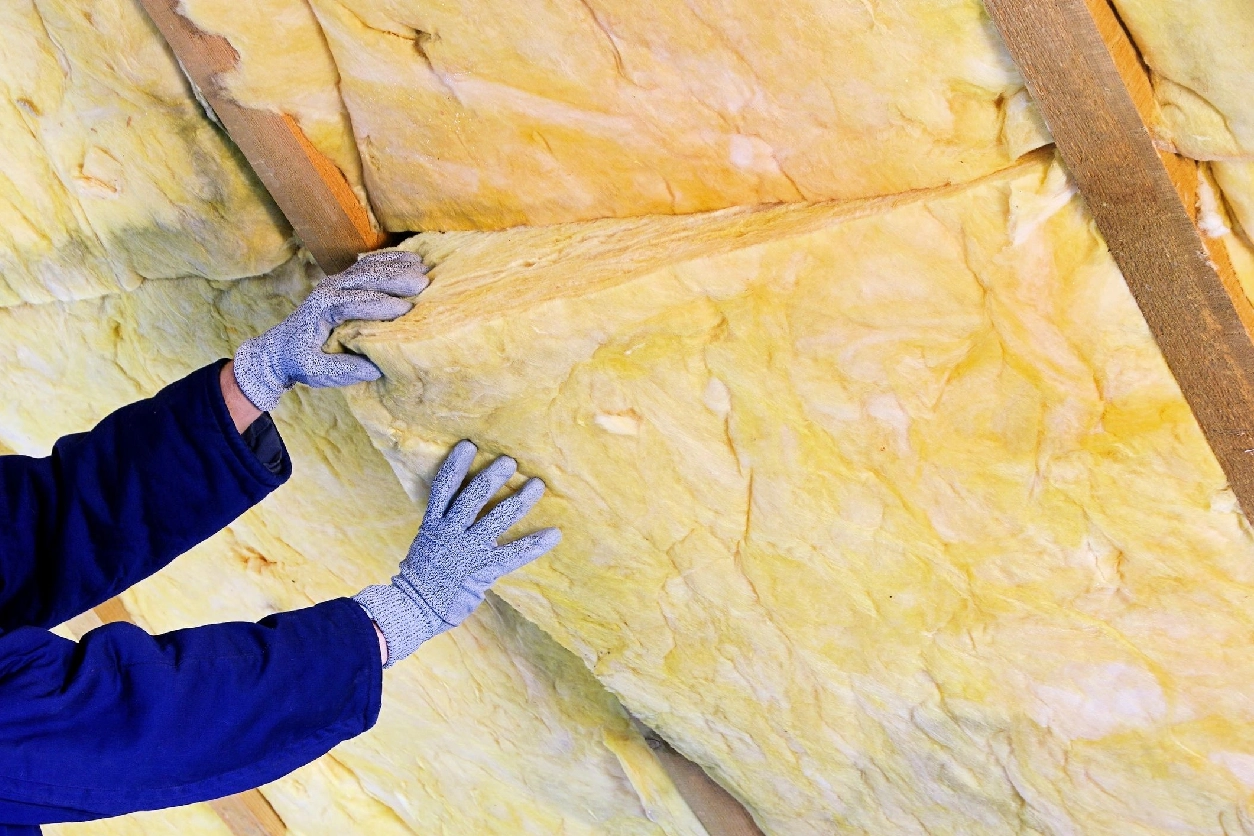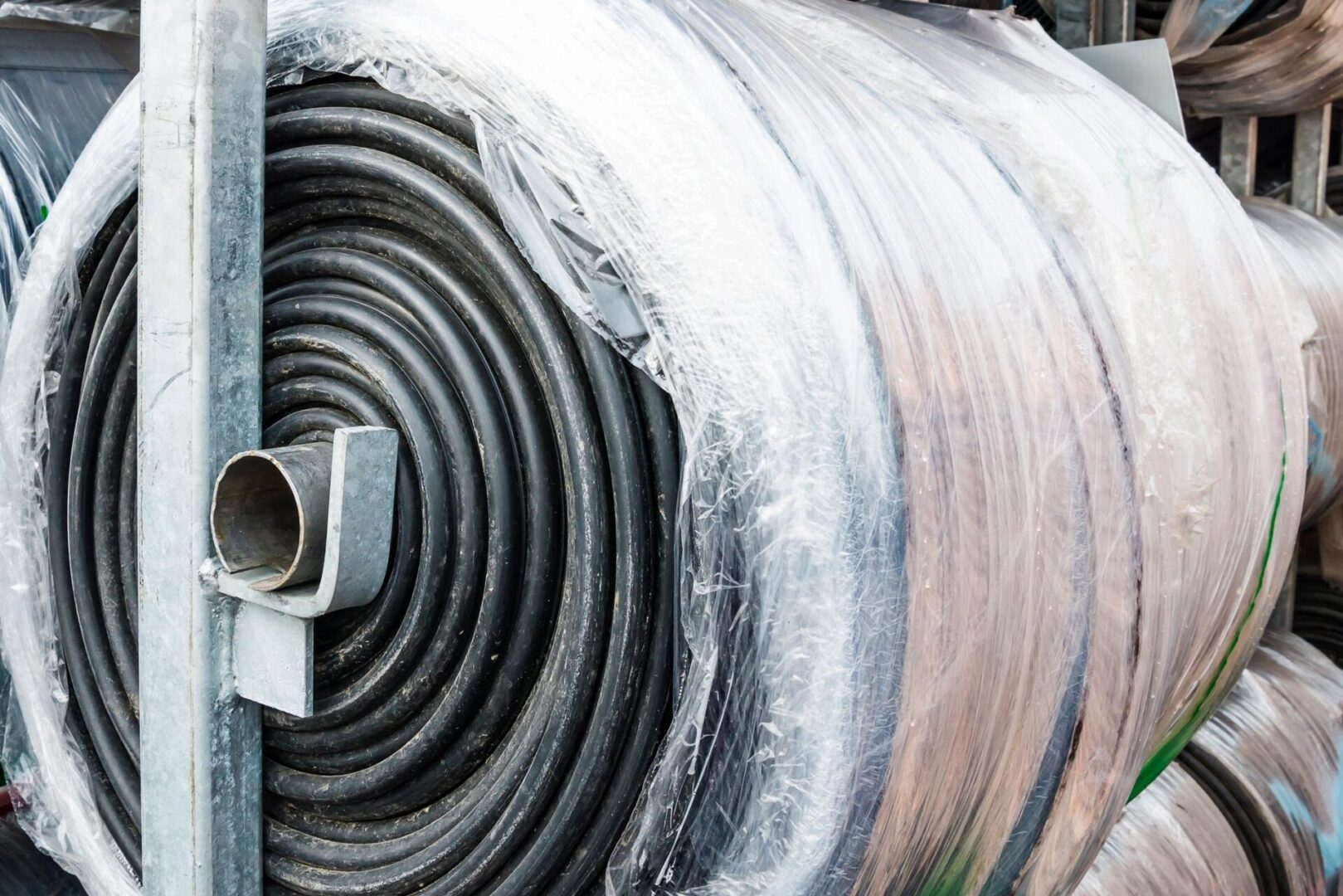Optimal Insulation Solution
Spray polyurethane foam (SPF) is a high-performance insulator and sound barrier. The closed-cell type, in particular, is ideal for maintaining comfortable temperatures in metal buildings or pole barns.
It is among the most cost and energy-efficient alternatives to traditional cellulose and fiberglass insulation.


How It Works
Spray foam works by expanding through gaps and cracks in metal buildings. It creates a tight barrier around the property, preventing hot and cold air, vapor, and moisture from penetrating a building’s interior.

Greener Alternative
Spray foam is beneficial to your structure and the environment. It is designed to last a very long time, so you use fewer materials that could end up in landfills across the country.



